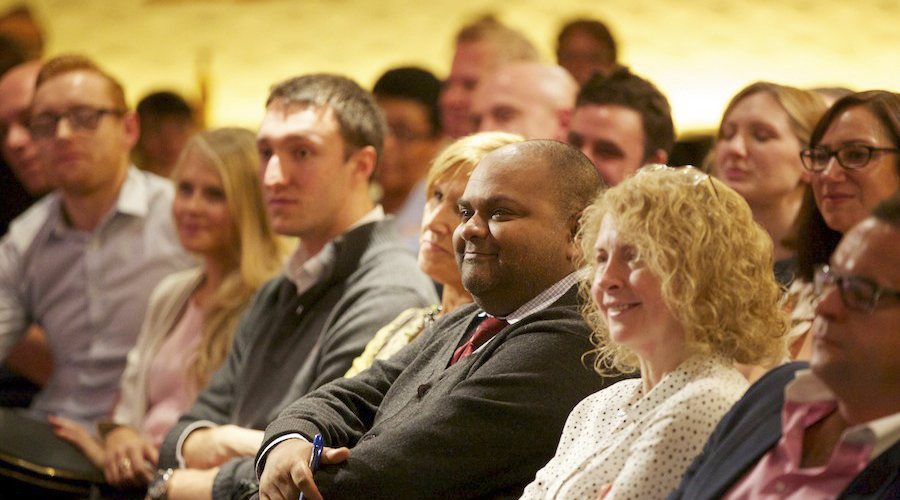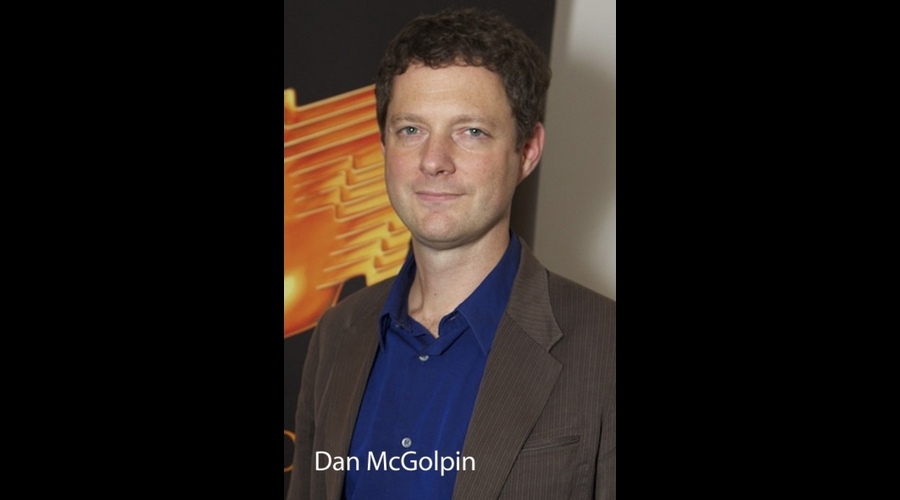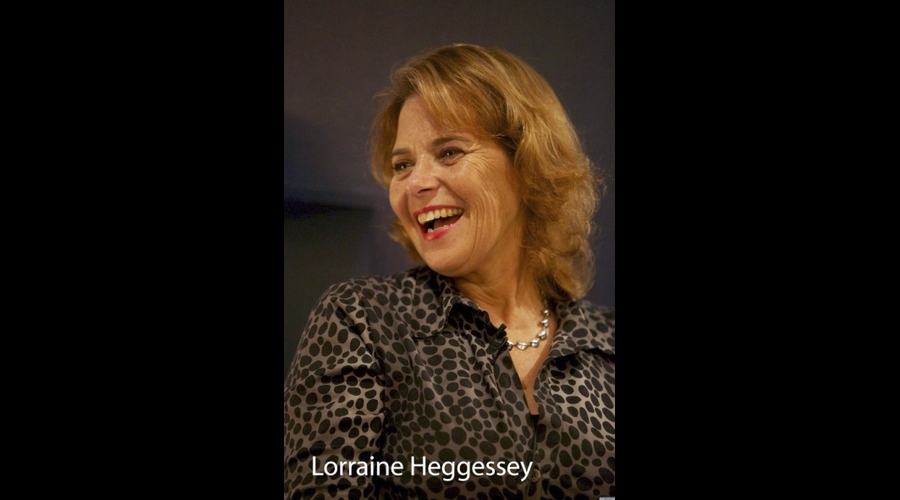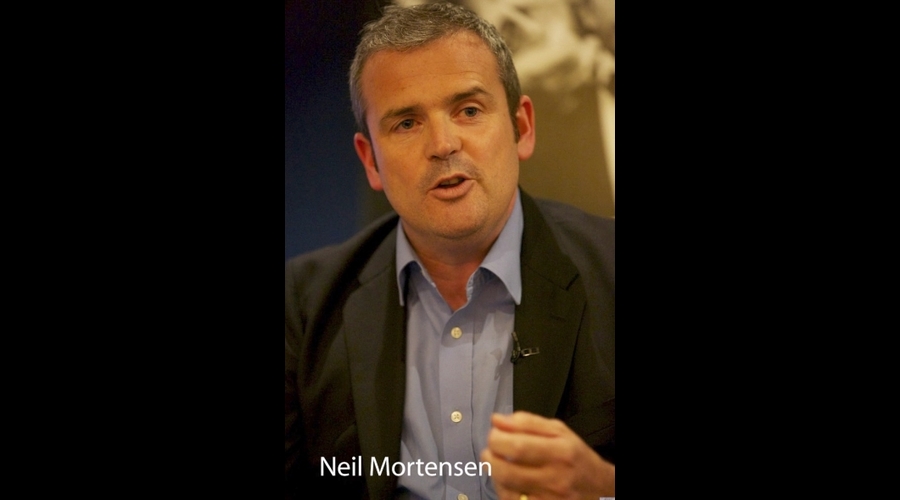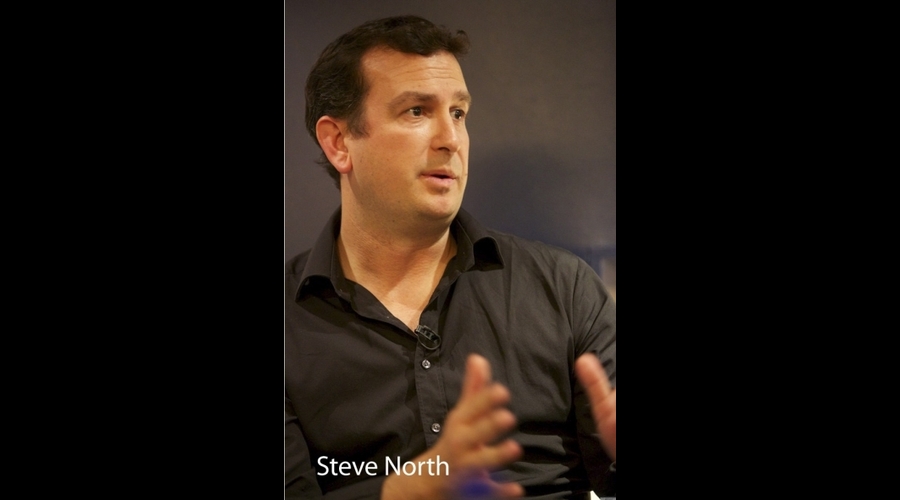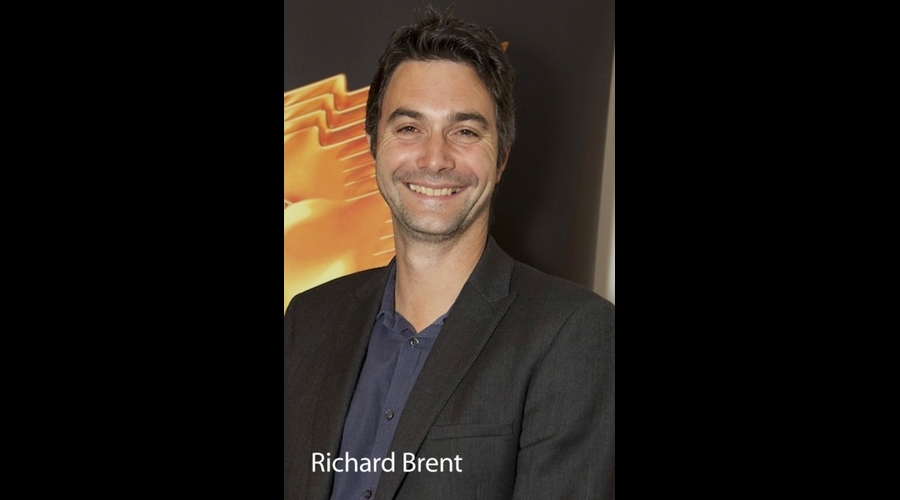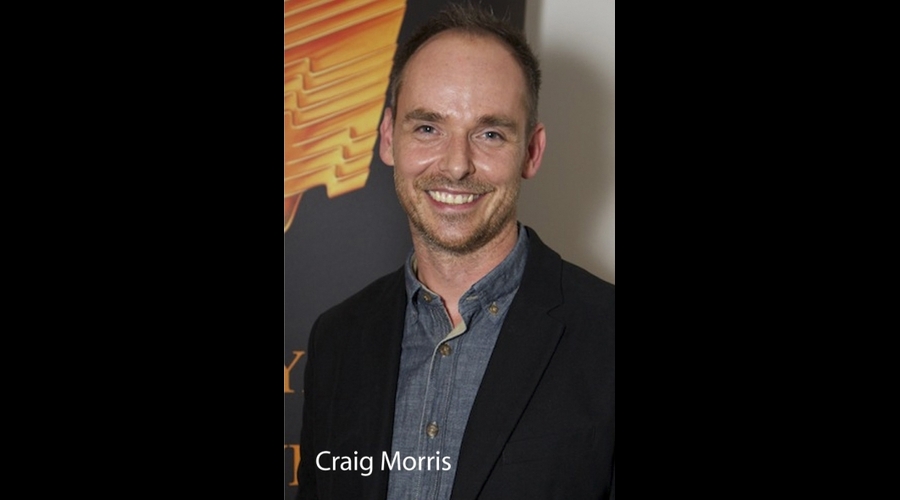With 90% of television still watched live, the dark arts of the scheduler remain very much in demand. And, at an RTS early evening event chaired by Lorraine Heggessey, some of the country’s top schedulers revealed the tricks of their trade.
Recalling her time as BBC One controller, Heggessey said that the relationship between a director of programmes and a scheduler was extremely close, like “a marriage without sex”.
Steve North from UKTV argued that the scheduler has a “core role” at any channel, working closely with marketing, commissioning, acquisition, research and finance. “The role touches every part of the TV business,” he said.
BBC One’s Dan McGolpin pointed out there was more to the job than simply fitting shows into slots: “A lot of the job is about planning, building a pipeline of programmes, making sure you’ve got the right mix and making sure the money gets spent in the right places.”
Channel 5 scheduler Craig Morris agreed: “Scheduling – where it goes on the night – is only half of the job. Whatever platform it ends up on, whether it’s a computer screen or the main screen in the living room, content needs to be planned out.”
“If you’re analytical but have a bit of editorial flair, it’s one of the best jobs you can do,” added Channel 4’s Richard Brent.
Research presented by Thinkbox’s Neil Mortensen showed why live TV remains dominant, keeping schedulers in a job. The commercial TV marketing body deprived people of on-demand telly for four days and then live programming for another four days, “arming our respondents with an app allowing us to capture every painful second”.
“Once we took linear TV away from them, they developed a sort of televisual cold turkey,” Mortensen revealed. “Even though on-demand offers whatever you want, whenever you want it, it turns out that on-demand cannot satisfy all the things we need from TV.”
“There are more schedulers now than there were when I started,” said McGolpin. “Scheduling is becoming more complicated: there are more platforms and more channels. Absolutely, there’s a role for schedulers in the future.”
The ‘The dark art of scheduling’ was held at the Hospital Club in central London and produced by Terry Marsh and Barney Hooper.
Report by Matthew Bell
Pictures by Paul Hampartsoumian

